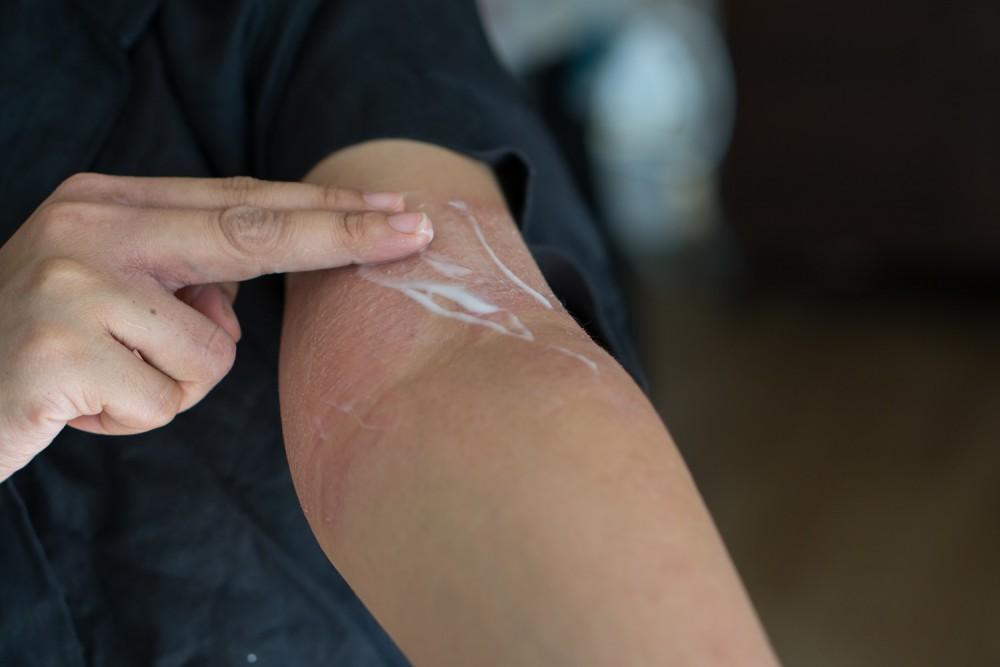If you or a loved one lives with eczema, you know how bothersome the flare-ups of dry, flaky, inflamed skin can be. Eczema symptoms can be especially challenging during colder months, when numerous factors can irritate your skin.
Thankfully, there’s a lot you can do to keep your symptoms to a minimum.
At Northstar Dermatology in Richland Hills, Texas, our expert team of board-certified dermatologists diagnoses and treats eczema using a range of effective and safe therapies. In this blog post, we explore ways to manage eczema as temperatures drop.
Shift your bathing habits
Hot water can feel soothing during colder months, but it can also irritate and dry out your skin. As a result, you can experience more frequent or severe eczema symptoms. Instead, aim for warm baths and showers, limiting the time to 5-10 minutes.
Once you’re done bathing or showering, pat your skin dry with a towel to keep some of the moisture in. Avoid rubbing or scrubbing your skin with a towel, which can increase irritation and itchiness.
Use products made for sensitive skin
For many people with eczema, harsh chemicals in cleansers and soaps bring about symptoms or make them worse. Avoid soaps and moisturizers with lengthy lists of ingredients.
Instead, find moisturizing soaps and laundry detergents designed for sensitive skin. Products free of alcohol, dyes, and fragrances are your best bet.
Wear breathable materials
Clothing made of a breathable material, such as cotton, can help keep your skin from overheating, a factor that fuels eczema symptoms. Avoid potentially irritating fibers, like nylon and wool, which can contribute to flare-ups. Breathable bed sheets are also a smart idea.
Apply a thick, approved moisturizer regularly
When you have eczema, your skin needs a lot of added moisturizing. During a flare-up, we may recommend a cream containing hydrocortisone or hydrocortisone acetate for added comfort. Otherwise, you may find petroleum jelly helpful.
Moisturize your skin twice or more per day throughout the winter.
More tips
Additional steps that may help ease your wintertime eczema symptoms include:
- Using a humidifier
- Taking a vitamin D supplement, if needed
- Tracking your flare-ups and sharing the information with us
- Staying well-hydrated
Seek support, as needed
At Northstar Dermatology, we’re here to help. If you’re struggling with eczema symptoms during the colder months, or any time, we can test your skin for allergies and create an effective treatment plan based on your specific needs.
Depending on the type and severity of your symptoms, your plan may include:
- Antihistamines
- Allergen avoidance
- Cortisone injections or pills
- Hydrocortisone creams
- Moisturizers for sensitive skin
- Steroid creams
- Immunosuppressants
- Light therapy
To learn more about eczema or to get the care you need, call our office or request an appointment through our website.





